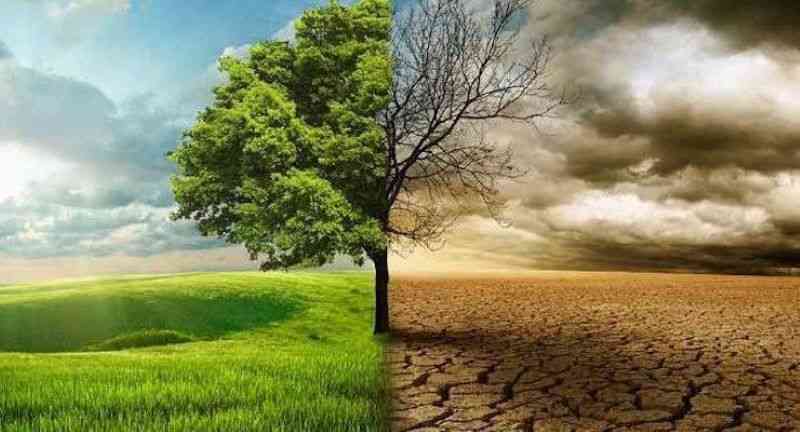
THE first quarter of the year has just come and gone, but in a way casting doubt over the cautious optimism about the 2024 economic growth outlook. The optimism was largely due to the resilience shown by global economies in the face of an unprecedented global pandemic that ground economies to a halt, global wars that threatened to rupture trade and the biggest interest rate hike in four decades.
As we enter the year’s second quarter, there is ambivalence in the air characterised by optimism. The COVID-19 pandemic is over which should have paved way for recovery. But the post-pandemic period seems more challenging and economic growth projections had to be cautiously optimistic than ever.
The major wars in eastern Europe and the Middle East are not abating. In any case, their ripple effects are fuelling political uncertainty in other regions. In some cases, proxy wars linked to the two are being felt far and wide disrupting trade networks and partnerships. The geopolitical tensions and the rising instability in some regions across the world are attributed to the economic and political interests of the major players in two major wars. More wars are breaking out than being resolved and that will keep the global economies on edge.
There is an emerging issue about trade routes. While the COVID-19 pandemic caused a major logistical freeze on global trade, climate change and conflict are combining to stifle trade routes. Climate change-induced drought has depleted the Panama Canal water levels allowing only fewer ships through. On the other hand, the attacks in the Red Sea have significantly reduced traffic in the Suez Canal. Efforts to support the recovery of global economies must take the combined effects of climate change and conflict into account.
The impact of climate change — mainly the recording breaking temperatures and intensity of its impact, must be some of the loudest warnings for the world to unite and find solutions, lest there will be more conflicts and wars for safe space and resources. The era of self-centredness and protectionism, where governments restrict international trade to help domestic industries, is over and should be put behind us.
No aspect of life or part of the world is safe from the impact of climate change. Climate change is escalating in frequency and intensity and pushing upwards the cost of addressing natural disasters. If people lose their livelihoods and means of income, they also lose their capacity to be clients capable of paying for goods and services and to be productive and contribute to the economic ecosystem of their environment.
One of the only options left for them is to migrate as refugees or asylum seekers, thus burdening economies of host countries. Simply put, the impact of climate change will once again, if not worse, cast a dark shadow over economic growth prospects this year going forward.
The other factor impeding growth is elections. Nearly half the world is going for elections this year with 64 countries scheduled to hold polls in 2024. This means the focus, mainly for the leadership of those in high-stake election countries, is to please the voters, avoid major policy changes that may upset voters and pretend to care for their people while paying little to no attention to global issues even when they affect their domestic economies.
- Young entrepreneur dreams big
- Chibuku NeShamwari holds onto ethos of culture
- LSU students win innovation prize
- Mhofela finally drops album
Keep Reading
Among the major countries in election mode this year include Russia, India, the United States (US), South Africa, and others. Russia, one of the top five largest economies, is done with its elections which saw Vladmir Putin retaining power.
Elections in Russia have never been a major source of global instability because of the way the system is insulated. It is the impact of elections in India, the US, South Africa and others that are of major concern as any form of instability in these countries will have global implications on world markets.
Why should these be a concern? Despite that it is not in election mode, China is experiencing its slowest growth rate since 1990 and that is already negatively affecting countries that depend on it for trade. Election-induced slowdowns in those major economies, plus China, are not what the world needs this year.
In summary, the rising geopolitical tensions, disruption of global trade routes, elections in major economies, China’s economic slowdown and unprecedently high interest rates are among the factors impeding growth this year whose impact may continue to be felt next year as recovery takes time.
What then for developing countries in a context where any of these factors is beyond their control? Perhaps, it is an opportunity to forge new and meaningful regional partnerships and make use of available capacities and resources to get the best out of each other.
Perhaps, it is time to reduce dependence on external markets and build local capacities. Perhaps, it is time to re-organise their societies to navigate climate-induced challenges. Or wait for superpowers to organise them as they did in the late 1890s under colonial policies.







